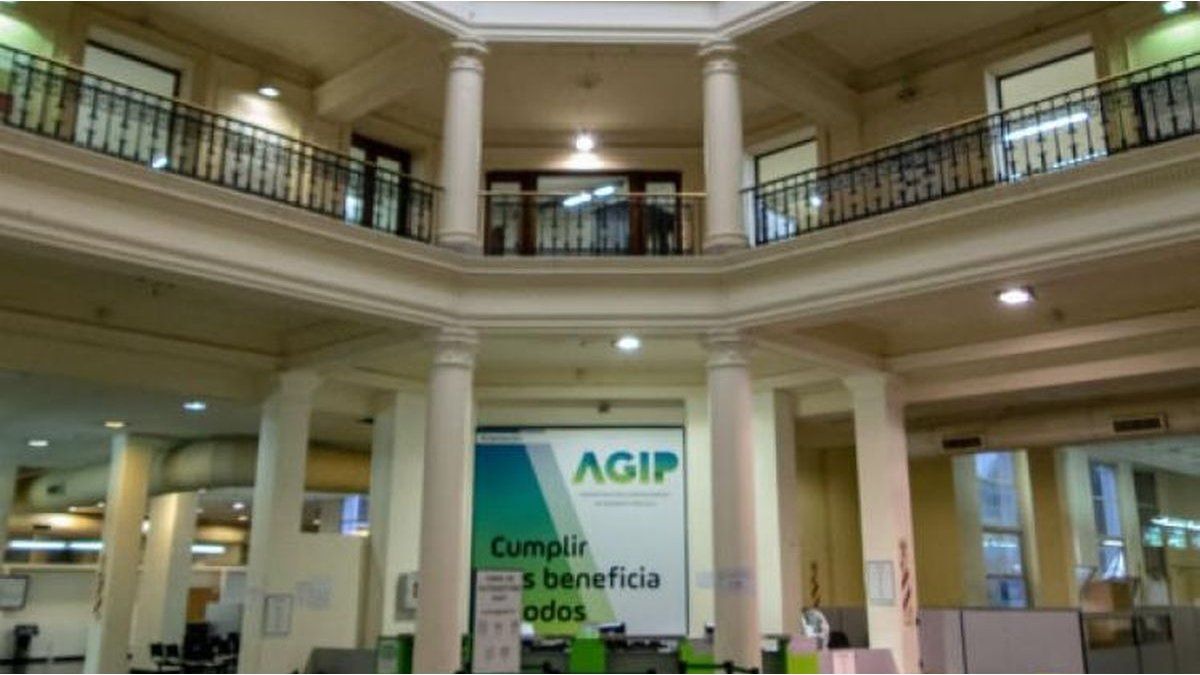These reforms seek to adapt local norms to new national standards and improve the relationship between tax administration and Buenos Aires taxpayers.
Next, the main modifications that affect both the rights of taxpayers and the specific taxes of the city are described.
Incorporation of the “taxpayer statute”
One of the most significant changes is the incorporation of “Taxpayer statute”In article 141 bis of the Fiscal Code (modified by Law No. 6,805).
This chapter establishes new fundamental rights for taxpayers, reinforcing principles of transparency and legal certainty. Among the established rights, the right to be heard, the possibility of presenting evidence and allegations, and the right to obtain a decision based by the Tax Administration.
Article 141 TER, establishes that the filed resources automatically interrupt the course of the deadlines, even if they have been poorly qualified or contain minor formal defects, following the principle of informalism that favors the administrator. This modification is key, since it provides a broader margin for taxpayers when exercising their rights without formal errors harming them.
In addition, article 141 sexies is incorporated, which regulates access to the administrative file. Taxpayers may request the “Take sight” – Verbal or written – of the file at any time during its processing, without the need for an express resolution, with the exception of those actions that are declared as reserved.
This advance seeks to improve transparency and facilitate the defense of taxpayers’ rights.
On the other hand, article 141 Septies has been modified to specify the minimum content that a notification must include. It is established that all notifications must contain an full transcript of the foundations and the operative part of the administrative act, as well as the information on the resources available for the taxpayer and the deadlines to file them. The lack of this information, according to the reform, entails the nullity of the notification.
This change reinforces the guarantee of access to justice and improves the clarity of notifications, avoiding confusion on the rights of taxpayers and deadlines to file the corresponding resources.
It is true that the City Administrative Procedures Law (Decree 1510/1997), of supplementary application, already contained most of these rights in its article 22, however, this kind of legislative modifications are laudable, since its spirit does not It is only to leave normatively the rights assisted by the taxpayer but also begin a new stage where the treasury-contributing relationship ceases to be governed by the rivalry and conflict.
The State, with its different administrations, must understand that the taxpayer cannot be considered a mere taxable person who delivers resources; He is an active participant who finances the functions of the State with the product of his effort and work. A collaborative treatment reinforces the recognition of its essential role in the support of the public system.
In this context, it is the function of the State to make its best efforts to create an equitable and respectful tax system of the National Constitution -and of the city as in the case -that not only includes substantive reforms, such as those that are currently under discussion -Adhesion to the incentive regime for large investments (rigi), etc-, but also in form-as those outlined above.
Recognizing the taxpayer statute in the Fiscal Code is a first step to promote a collaborative and respect relationship between the treasury and the taxpayer.
Benefits to taxpayers compliant
Regarding tax benefits, the reform introduces changes in bonuses for taxpayers who adhere to automatic debit.
Article 172 of the Fiscal Code (modified by law) considerably reduces the bonus, which could previously reach 100% of the last quota, and is now limited to 10% of it.
This benefit, previously applied only to the real estate tax and the ABL rate, now has a general character, which can benefit a greater number of taxpayers.
Likewise, a New 50% bonus in the Gross Revenue Tax for Taxpayers with Disabilities registered in the Simplified Regimeas established in article 176 bis.
This measure seeks to promote the social and economic inclusion of people with disabilities, offering them a significant reduction in their tax burden.
Article 182 introduces a new assumption of tax formation aimed at persons with disabilities who meet certain income requirements, which offers fiscal relief to this sector of the population.
Modifications in real estate tax and abl
In relation to real estate tax and ABL, the new article 364 establishes a more precise definition of lighting, sweeping, cleaning and maintenance of sinks.
This reform is positive, since it clearly establishes which services are being financed by these taxes, improving the understanding of taxpayers.
In addition, article 395 is modified, which regulates exemptions for retirees and pensionersincreasing the income limit to access the benefit and eliminating the restriction of not being the owner of other properties. Instead of the two previous limits, the beneficiaries are now allowed to have income up to four times the minimum retirement.
Modifications in the automotive tax
The new article 426 introduces changes in exemptions to the payment of vehicle patents. Exemptions are incorporated for Malvinas ex -combatant vehicles and for those for the exclusive transport of people with disabilities. In turn, exemption for hybrid or electric vehicles is eliminated.
In this sense, article 428 bis establishes an exemption regime for hybrid-electrical and electrical vehicles based in the Autonomous City of Buenos Aires.
During the first 24 months, these vehicles will be exempt from paying patents. Then, progressive reductions of 60%, 40% and 20% will be applied in the following fiscal years, until 100% from the sixth year of filing. If the fiscal valuation of the vehicle exceeds the limit set by the tariff law, a total exemption will be applied during the first 12 months of filing. Electric vehicles, on the other hand, will enjoy a permanent and unlimited exemption to the payment of patents, regardless of their fiscal valuation or seniority.
Final words
In conclusion, the reforms introduced by Law No. 6,805 to the Fiscal Code of the Autonomous City of Buenos Aires respond to a paradigm shift that seeks to adapt local legislation to the new rules of the national administrative procedure, especially with regard to taxpayers’ rights.
This is clearly reflected in The implementation of the “taxpayer statute” and in the modifications that reinforce due process, access to information and transparency in the Tax Administration.
The strengthening of taxpayers’ rights, through the incorporation of principles such as equity, informalism and protection against administrative acts, marks a significant advance towards a more fair and accessible fiscal system.
Lawyers Lisicki Tax Department Department, Litvin & Asoc.
Source: Ambito
I am Pierce Boyd, a driven and ambitious professional working in the news industry. I have been writing for 24 Hours Worlds for over five years, specializing in sports section coverage. During my tenure at the publication, I have built an impressive portfolio of articles that has earned me a reputation as an experienced journalist and content creator.




